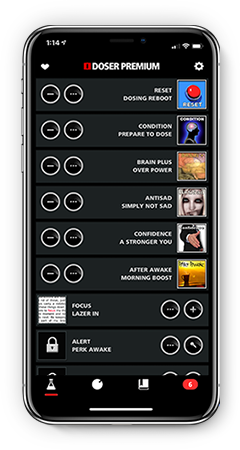
Therefore, this study was performed to evaluate the safety of inactivated SARS-CoV-2 vaccines in patients with AD. Considering the extensive prevalence of AD in the general population, an urgent need exists for inactivated SARS-CoV-2 vaccines that can be safely administered to those subjects. To date, consistent data are lacking on the need and type of preventive measures in patients with AD receiving SARS-CoV-2 vaccines, especially in those receiving inactivated SARS-CoV-2 vaccines. These are immune responses that are exaggerated or inappropriate responses to an antigen, which is mediated by IgE antibodies that are produced by the immune system in response to environmental allergens such as pollens, animal danders or dust mites.These antibodies bind to mast cells and basophils, which contain histamine granules that are released in the reaction and can cause inflammation. Different formats of SARS-CoV-2 vaccines are currently in development, some of which have been approved by the regulatory authorities and widely used in the community.Recent reports of reactions to SARS-CoV-2 vaccines have raised questions about their safety for use in individuals with allergies.Some patients with allergic disease (AD), such as asthma, allergic rhinitis (AR), allergic dermatitis, had type I hypersensitivity reactions (HR). Severe acute respiratory syndrome coronavirus 2 (SARS-CoV-2) has infected millions of people worldwide.Vaccination has proven to be the most effective method for preventing the spread of such an infectious disease.
#I doser download doses trial#
Trial registration: Chinese Clinical Trial Registry, ChiCTR2100048549. ConclusionsĪlthough local and systemic reactions were more frequently reported in patients with allergic disease than control group, administration of the inactivated SARS-CoV-2 vaccine was safe and well tolerated by all participants no participants experienced a serious adverse event, and none were hospitalized. Nearly all participants had positive IgG antibodies, and participants with allergic disease had higher frequencies compared with control group (100.0 vs.99.4%). Overall, a lower incidence of local and systemic reactive events was observed after the second dose than the first dose in patients with allergic disease and control group.
#I doser download doses skin#
The occurrence of fatigue, vertigo, diarrhea, skin rash, sore throat were the most frequent systemic reactions. After the second dose, systemic events occurred less often, affecting 17.1% of the patients with allergic disease and 11.1% of the control group (P < 0.002). After the first dose, systemic events were more frequently reported in patients with allergic disease than control group (30.2% vs. Pain at the injection site within seven days after the first injection was the most commonly reported local reaction, occurring in 31.0% of the patients with allergic disease and 18.9% in the control group, respectively (P < 0.001). This retrospective cohort study including 1926 participants who received inactivated SARS-CoV-2 vaccines, compared their local and systemic reactions in 7 days after each dose of inactivated SARS-CoV-2 vaccine, and anti–SARS-CoV-2 IgG after vaccination in all participants.

Considering the considerable prevalence of allergic disease in the general population, an urgent need exists for inactivated SARS-CoV-2 vaccines that can be safely administered to those subjects.


 0 kommentar(er)
0 kommentar(er)
